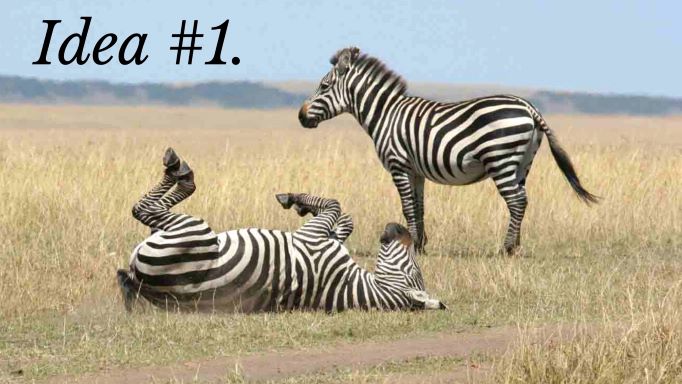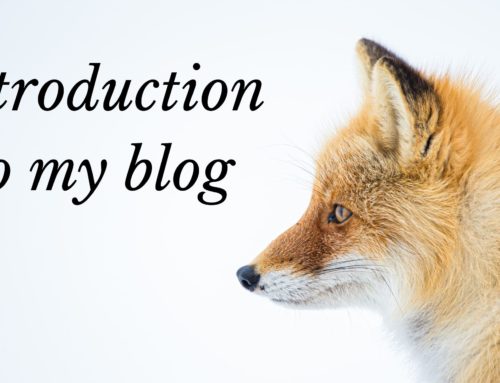If you or your partner are on the spectrum or have some autistic traits – own it. Doing so gives you an “in” with your child/young person and means you can be an invaluable resource for them. You know what it’s like to be on the spectrum. You live with it and perhaps even thrive!
You may not have an official diagnosis. You may not need extra supports. But if you suspect you are on the spectrum, and you’ve developed ways of coping in our noisy world, you can play a vital role in helping your loved one believe in themselves. Describing how you’ve handled social exhaustion, managed to organise important stuff or honoured your individuality could be supremely helpful. Feeling proud of ourselves can also boost the self-esteem of the whole family.
Read up or watch YouTube videos about autism. Then celebrate the ways in which you’ve coped all these years with little or no help. Your autism traits may not be the same as those of your loved one. In fact, they may be the complete opposite. Your loved one might be highly spontaneous, never looking before they leap. While you on the other hand might triple-check everything before you take even one tiny-weeny step forward. Regardless of any differences, sharing your autism traits with your loved one can be a way to bond, a way of growing close through being atypical.
And for those of you who aren’t on the spectrum—that’s OK too. In fact, it’s extremely valuable because you now span both worlds—the neurotypical, mainstream world and the neurodivergent one. You speak both languages. You are well positioned to educate and advocate for true inclusion of your loved one. And if you look further, there may be someone in the extended family who is on the spectrum. Finding an uncle or grandmother who shares similar behaviours or autism traits can help to breach the neurodivide and generate intergenerational kinship. Neuro-kin.
So, take a good look at yourself and look around the extended family too. Just in case you’ve missed autism when it was always there, right under your nose …


